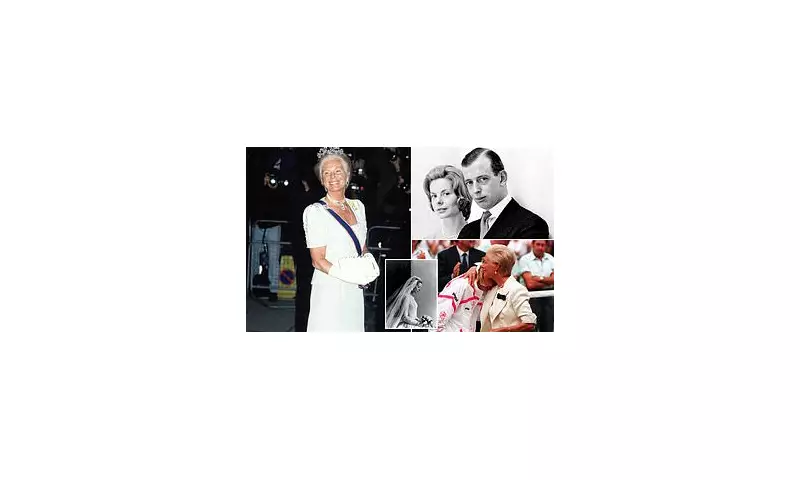
In the grand tapestry of the British Royal Family, some figures command the spotlight, while others, like Katharine, the Duchess of Kent, weave their legacy with quiet dignity and ground-breaking resolve. Often operating away from the glare of the front pages, the Duchess carved a unique path that forever altered the blueprint for a modern royal.
Her Royal Highness, now 91, wasn't merely a supportive wife to the Queen's cousin, the Duke of Kent. She was a pioneer, becoming the first—and to this day, one of the only—senior working royals to hold a salaried, professional career outside of her official duties.
A Passion for Music and Education
At the heart of her independent career was a profound love for music. A gifted pianist, the Duchess channeled her passion into education, qualifying as a teacher and dedicating herself to the pupils at the Wansbeck Primary School in Hull and later at St. Augustine's Catholic Primary School in London's Hammersmith.
For over a decade, she balanced the immense weight of royal protocol with the humble, demanding reality of a state school classroom. Colleagues and pupils knew her simply as 'Mrs Kent', a testament to her desire for normality and her deep commitment to her vocation.
Quietly Defying Convention
This dual life was unprecedented. While other royals were patrons of charities, the Duchess was on the front line, earning a pay cheque and contributing to the national economy. She didn't seek publicity for her work; instead, she saw it as her personal contribution to society.
Her pioneering spirit extended beyond her career. In 1994, she made history again by becoming the first royal to convert to Catholicism since the 1701 Act of Settlement, a move she undertook with characteristic discretion and deep personal conviction.
A Legacy of Grace and Resilience
Despite facing periods of profound personal challenge, including well-documented battles with depression and the immense strain of her son's kidnap ordeal, the Duchess never fully retreated from public life. Instead, she adapted, gradually stepping back from frontline royal duties to focus on her teaching and her faith, all while maintaining the unwavering support of the late Queen.
Now enjoying a retirement largely out of the public eye, the Duchess of Kent's story is not one of loud proclamations, but of quiet, revolutionary actions. She demonstrated that royalty could be both dedicated to service and true to one's own calling, a legacy that continues to inspire and pave the way for a more relatable, modern monarchy.





